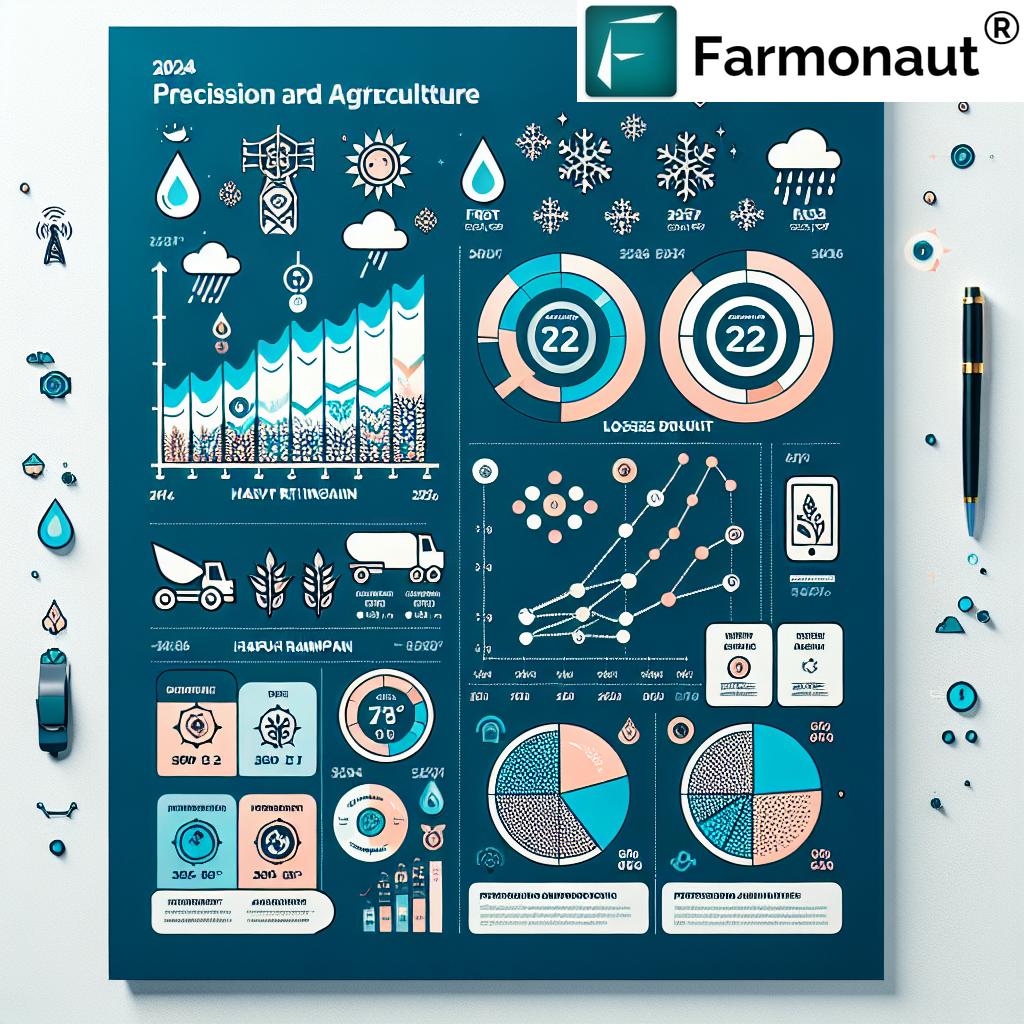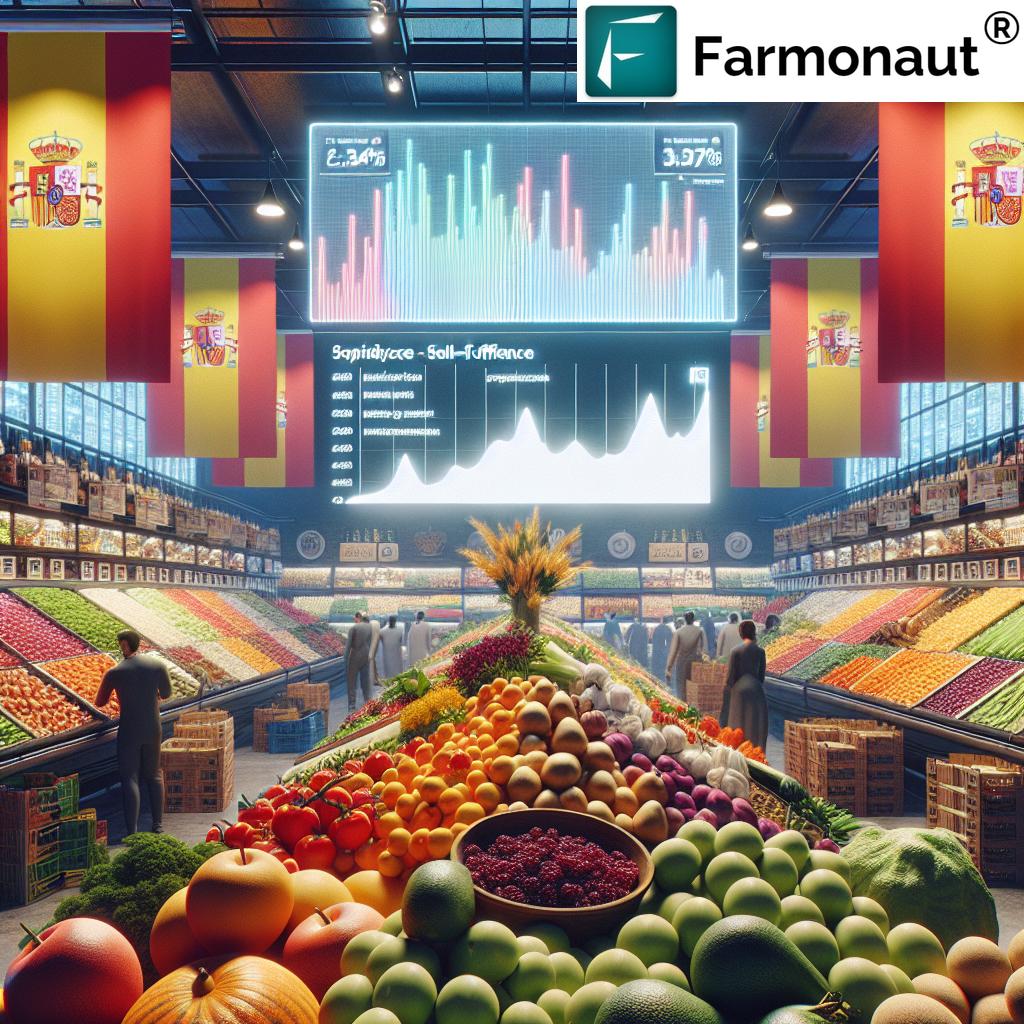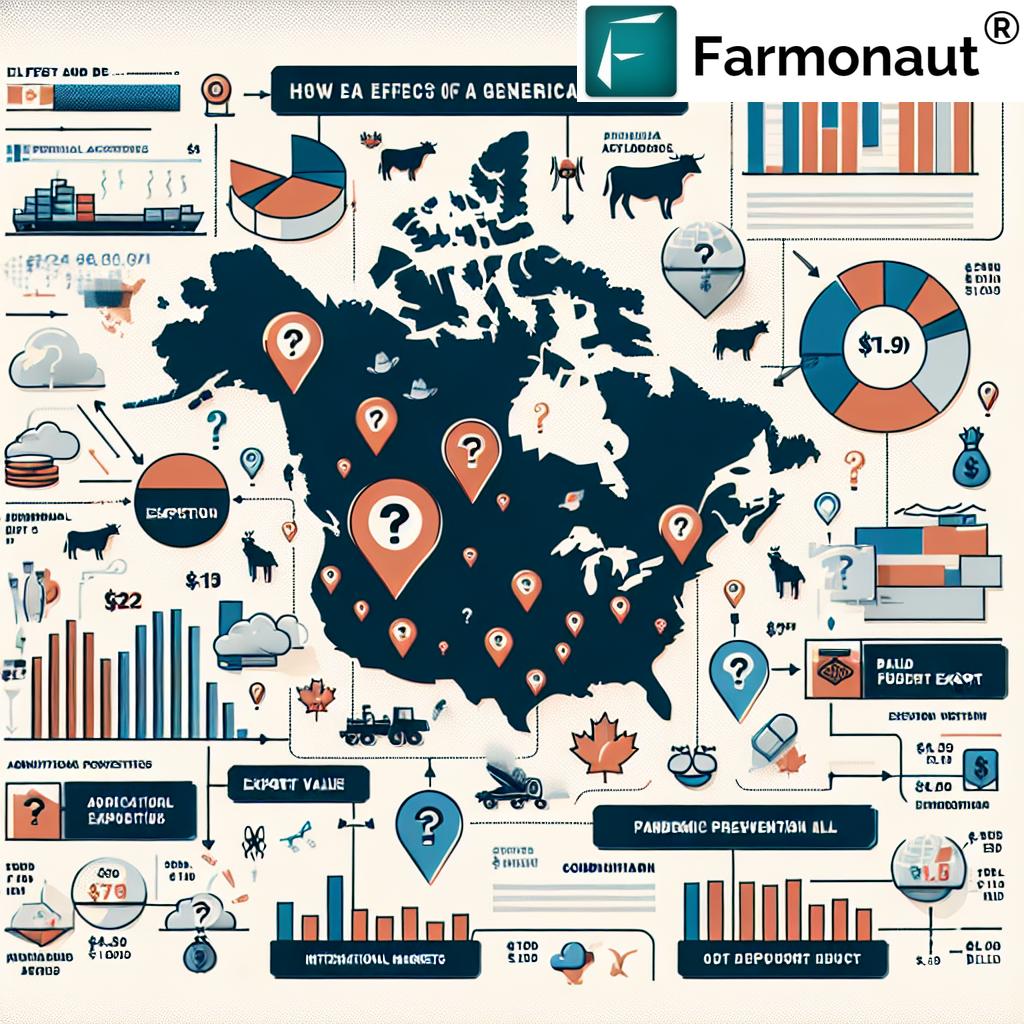Alarming Forecast: Russia’s Grain Harvest Slashed by 22 Million Tonnes Due to Devastating Natural Disasters

In a startling revelation, Russia’s Agriculture Minister Oksana Luth has announced that the country’s grain harvest forecast for 2024 has taken a severe hit due to unprecedented natural disasters. The Russia grain harvest forecast indicates a staggering loss of about 20-22 million tonnes of grain, highlighting the significant impact of natural disasters on Russian agriculture.
Unprecedentedly Difficult Weather Conditions
The weather effects on Russian grain production have been particularly harsh this year. Farmers across the country have faced a series of climate-related challenges:
- Recurrent frost in spring
- Severe drought during summer
- Heavy precipitation during harvest season
These extreme weather events have led to a significant decrease in yield, contributing to the substantial crop losses in Russia. Despite these setbacks, Minister Luth emphasized that the sector has demonstrated remarkable resilience and adaptability.
Russian Agriculture Adaptation: A Silver Lining
In the face of adversity, the Russian agricultural sector has shown its ability to adapt and manage difficulties. Some key points of Russian agriculture adaptation include:
- Quick replanting of approximately 900,000 hectares affected by May frost
- Minimizing losses and preventing a critical drop in production
- Maintaining a harvest that will rank among the five best in the country’s history
For those interested in monitoring crop health and weather conditions, consider using Farmonaut’s satellite-based solutions. 
Russia Grain Harvest Forecast 2024: A Closer Look
Despite the significant Russian grain yield reduction, the official Russia grain harvest forecast for 2024 remains at about 130 million tonnes. Minister Luth stated that this figure will not be revised before the end of the year. However, it’s worth noting that:
- The initial target was set at 150 million tonnes
- Without climatic anomalies, the harvest would have exceeded current forecasts
- Technological advancements in agriculture remain strong, but weather conditions have brought significant adjustments

Additional Factors Affecting the Harvest
Beyond the weather effects on grain production, other factors have contributed to the reduced harvest:
- Imposition of counterterrorism operations in Kursk, Belgorod, and Bryansk regions
- Inaccessibility of 150,000 hectares of land in Kursk Region
- Expected loss of 1.2-1.5 million tonnes of harvest in affected regions
For real-time monitoring of agricultural areas, consider using Farmonaut’s API. Explore Farmonaut’s API
Agricultural Insurance Payouts Russia: Supporting Affected Farmers
To mitigate the impact of these natural disasters, the Russian government has implemented support measures:
- Agricultural insurance payouts with state support totaling 2.6 billion rubles, with potential to grow to 5.5 billion rubles
- Allocation of 930 million rubles from the government’s reserve fund to support orchard farms affected by frost
Minister Luth emphasized that insurance should be the primary protection against natural force majeures for farmers, highlighting the importance of risk management in the agricultural sector.
Livestock Losses and Impact on Russian Pork Production
The natural disasters have not only affected crop production but also had a significant impact on livestock:
- Livestock losses in Russia, particularly in Kursk Region, exceed 3 billion rubles
- Approximately 322,600 pigs and 25,700 head of cattle have perished
- Russian pork production impact is substantial, with growth expectations reduced from 4% to remaining at last year’s level of 6 million tonnes
For farmers looking to optimize their livestock management, Farmonaut offers mobile solutions:


Addressing Russian Pork Production Challenges
To address the Russian pork production challenges, the Agriculture Ministry is considering several measures:
- Discussions with the Finance Ministry about reintroducing subsidized lending for agriculture, particularly for pork producers
- Potential implementation of subsidized lending for a specific amount of production to cover domestic market needs
- Balancing production to avoid overproduction and maintain stable purchasing prices
Long-term Implications and Future Outlook
The significant reduction in Russia’s grain harvest and the challenges faced by the livestock sector highlight the vulnerability of agriculture to natural disasters and climate change. Moving forward, several key areas will require attention:
- Climate Resilience: Developing more robust crop varieties and farming techniques to withstand extreme weather conditions
- Risk Management: Encouraging wider adoption of agricultural insurance and other risk mitigation strategies
- Sustainable Practices: Implementing farming methods that promote soil health and water conservation
- Technology Integration: Increasing the use of precision agriculture and predictive analytics to optimize crop management
For farmers and agricultural professionals interested in leveraging technology for better crop management, explore Farmonaut’s API Developer Docs.
Conclusion
The alarming forecast for Russia’s grain harvest in 2024 serves as a stark reminder of the challenges facing modern agriculture. While the Russian agriculture adaptation has been commendable, the significant losses underscore the need for continued innovation and support in the sector. As Russia works to overcome these setbacks, the global agricultural community will be watching closely, learning valuable lessons about resilience in the face of increasingly unpredictable climate patterns.
As we move forward, the integration of advanced technologies, sustainable practices, and robust support systems will be crucial in safeguarding food security and agricultural productivity. The situation in Russia serves as a call to action for agricultural sectors worldwide to prepare for and mitigate the impacts of natural disasters on food production.













